Jade Goody appeared on Big Brother in 2002. She was a short, loud, blonde-haired woman who broadcast her every thought and feeling, either in her thick Cockney accent or with her unforgettable face. She became a star. In 2007 she appeared on Celebrity Big Brother, where she made racist comments about her fellow contestant, the Bollywood actress Shilpa Shetty. Effigies of Goody were burned in India; the Sun called her ‘the face of hate’. Hoping to redeem herself, she agreed to appear on Indian Big Brother, where she was told she had cervical cancer with the cameras still rolling. She died less than nine months later.
It was a three-act drama that only reality TV could have delivered. Call it 45 minutes of fame. Goody was difficult, abrasive and naive, with an effortless talent for being herself. She had the quality that Sirin Kale and Pandora Sykes, in their new podcast Unreal, identify as the key to reality TV success: authenticity.
On reality TV, they argue, viewers could tolerate people from very surprising walks of life – gay people, trans people, people with disabilities – choosing winners who were, as the misleading saying goes, ‘ahead of their time’. But if there was a difference between who you were and how you acted, if they could sense a calculation taking place between what you thought and what you did, you were finished. This preference for immediate, legible personalities meant that reality TV produced its own first premises as a criterion of success: what viewers wanted from their TV playpeople was for them to be ‘real’.
They were already real, of course, hence the moral quandary that animates Unreal: A Critical History of Reality Television, a new ten-part series on BBC Sounds. Namely, it is fun to watch people sing terribly and take a verbal whipping from Simon Cowell, but it’s hard to avoid the fact that you are being entertained by someone’s public humiliation.
Kale and Sykes argue throughout the show that the change in social attitudes over the past 15 years means much of this material hasn’t ‘aged well’. What sort of material do they mean? Shows such as There’s Something about Miriam, in which the bachelorette is ‘revealed’ to be a trans woman. Trinny and Susannah ripping off women’s tights in public. Extreme makeover shows like The Swan, where women were turned into Stepford contestants, nipped and tucked out of all recognition.
Reality TV wasn’t above contrivance: if the women in The Swan didn’t cry with joy at the big reveal scene, the show’s producers would ask them to hold their hands to their mouths instead. As for Big Brother, it was half game show, half Stanford Prison Experiment. As the seasons went on, the producers began making the house physically smaller to increase the sense of claustrophobia. ‘We had a theory,’ remembers producer Phil Edgar Jones, ‘that things were always funnier if people were arguing in fancy dress.’
All this comes pouring out of what must have been months of research, and Unreal impressed me with how elegantly it condensed its material. It’s a bouncy piece of inside baseball, one that will interest anyone who was (regrettably) conscious in Britain between 2000 and 2010. I’m just not quite convinced by its argument.
Looking back, Kale and Sykes say they now feel uncomfortable with a lot of what they were watching. The show’s thesis pivots grindingly about a ‘but’: reality TV is an important part of our culture, but we can enjoy it while thinking critically about the ethics behind it. Maybe I’m missing something, but wasn’t the wickedness part of the appeal – not just because it was exciting, but because it was so obviously cruel?
Watching Cowell breathe Novichok at wobbly teens never felt normal or guiltless. It never felt like simple fun. It was something you could or couldn’t bring yourself to watch. Or perhaps couldn’t admit you enjoyed. Or even gleefully bragged about enjoying. Like most sweeping cultural events, reality TV evoked a regular cast of strong responses that different viewers could lay claim to. Kale and Sykes suggest that these shows are great fun but they’re unethical. Where Kale and Sykes have a ‘but’, I would have a ‘because’. These shows were always hard to watch, and like a great many iconic human entertainments, they enjoined the viewer to play chicken with his or her own conscience. This was itself an essential part of their entertainment value. I sometimes think about this when I see photos of the Roman Colosseum.
There’s no better example of a name made, sullied and ultimately subsumed by reality TV than Jade Goody. The three acts of her short life took place in a surveilled apartment, broadcast live for our entertainment. If that bothers you, then maybe it should.
Got something to add? Join the discussion and comment below.
Get 10 issues for just $10
Subscribe to The Spectator Australia today for the next 10 magazine issues, plus full online access, for just $10.
You might disagree with half of it, but you’ll enjoy reading all of it. Try your first month for free, then just $2 a week for the remainder of your first year.

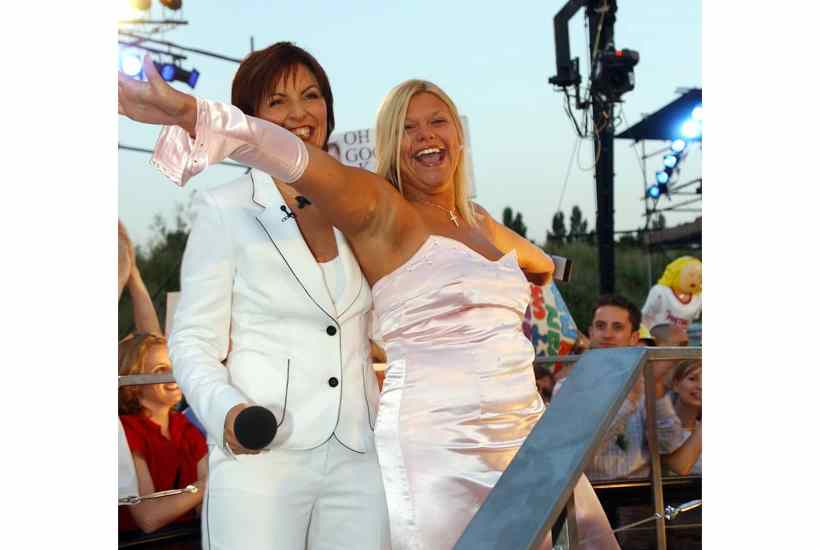
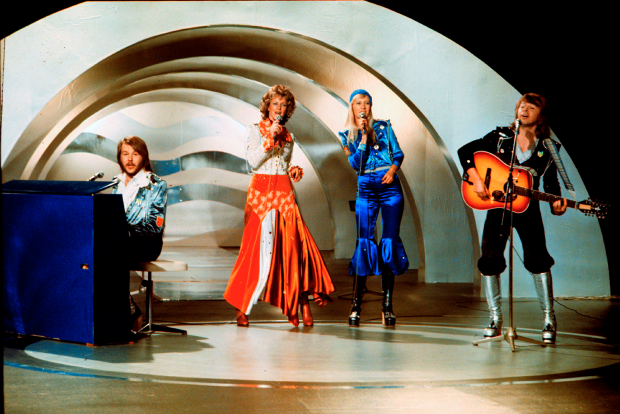
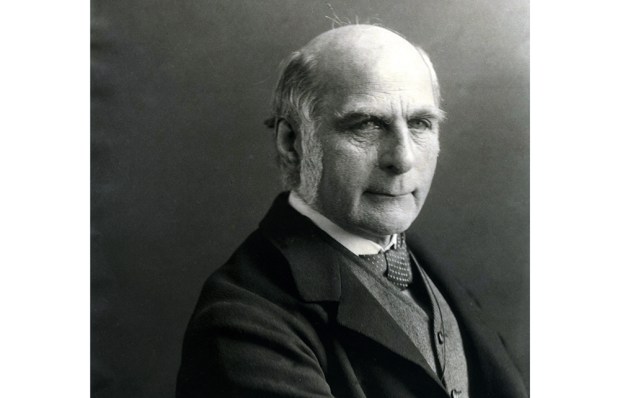
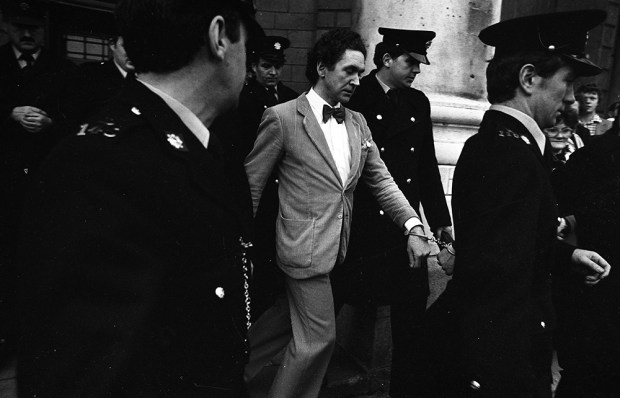
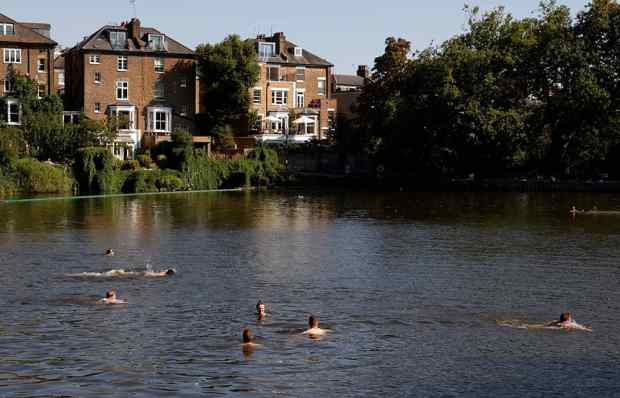
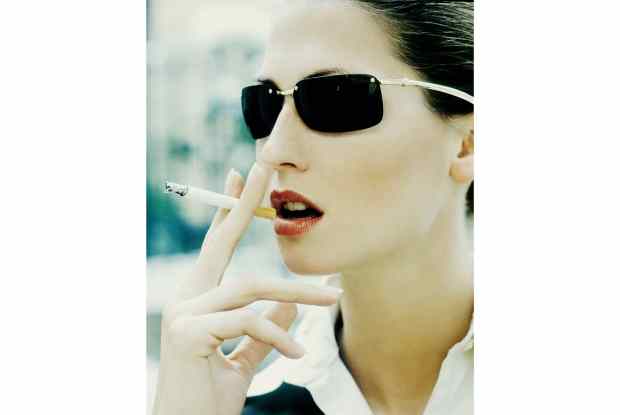
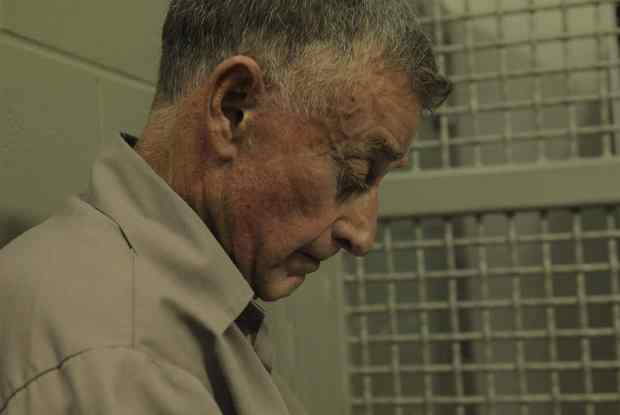






Comments
Don't miss out
Join the conversation with other Spectator Australia readers. Subscribe to leave a comment.
SUBSCRIBEAlready a subscriber? Log in